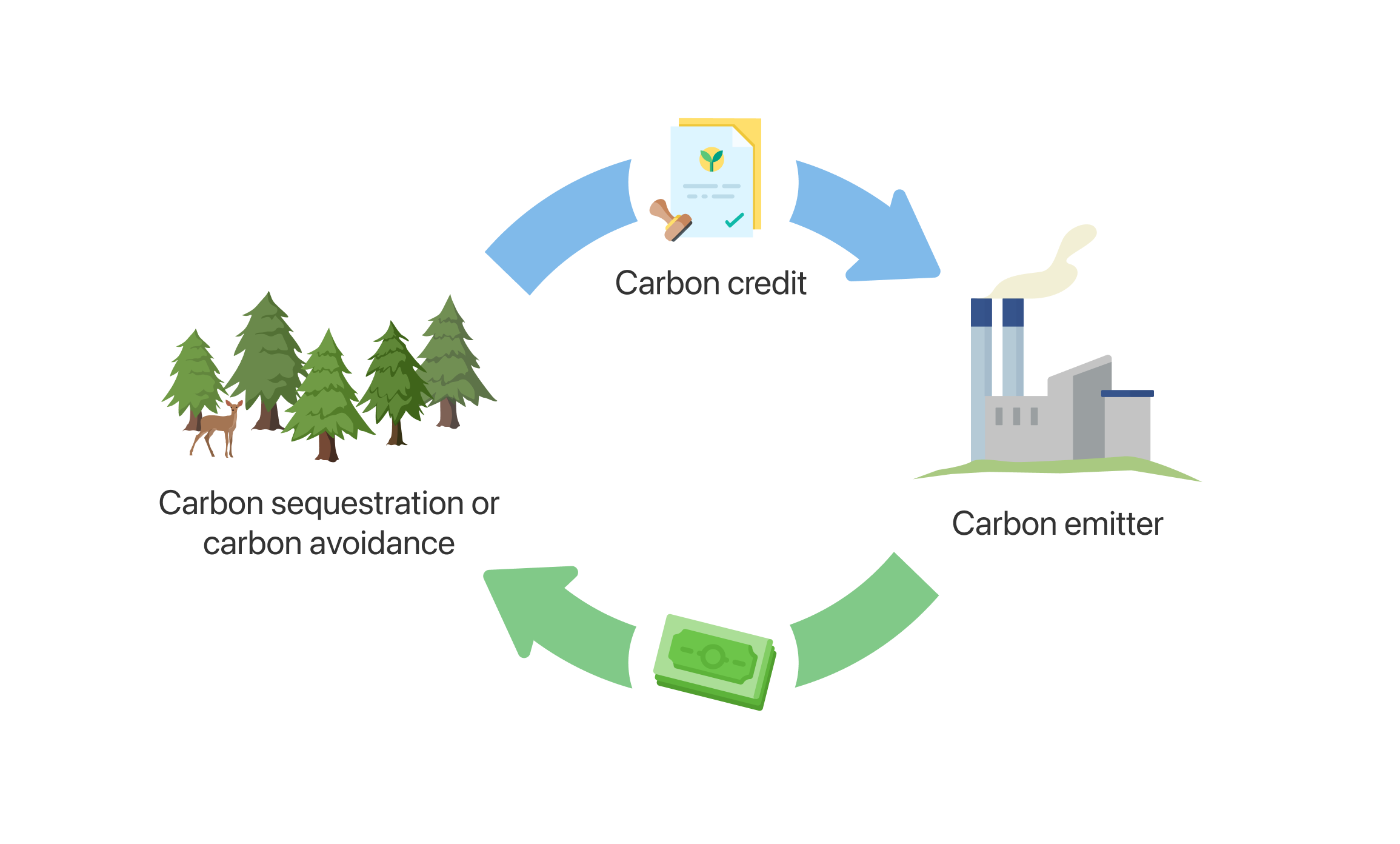


"Really importantly it gives you a timetable for making an investment decision." In the meantime, heavy polluters, he says, need to weigh up the cost of reducing carbon emissions "on paper", against investing in new technology to actually reducing emissions. "They're building a pipeline of carbon offsets that they can then sit on, rather than use them today, to meet an emissions reduction target." He says there's been a surge in big companies buying Australian Carbon Credit Units or ACCUs - the trading name of carbon credits or offsets - in a rush to meet hastily arranged emissions reductions targets in the wake of COP26. " started the year looking at about $16 so we've seen a fairly notable upswing - about 200 per cent on the year which is pretty remarkable," he says. The price of ACCUs or "carbon credits" is simply the securities companies purchase to reduce their registered soaring emissions.Īnd that price has had a huge rise this year, hitting $49 this week, according to Reputex executive director Hugh Grossman. Yes, that's right, there are not actual emissions reductions in this process. Each unit they buy effectively cancels out, on paper, their emissions. You make it really expensive for big corporations to pump out greenhouse gases.Ī market for carbon credits can do this, and it is doing it in Australia.īusinesses can buy Australian Carbon Credit Units or ACCUs.


 0 kommentar(er)
0 kommentar(er)
